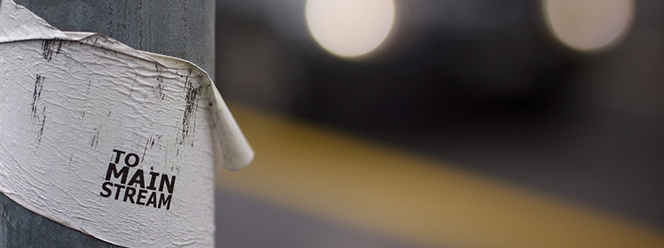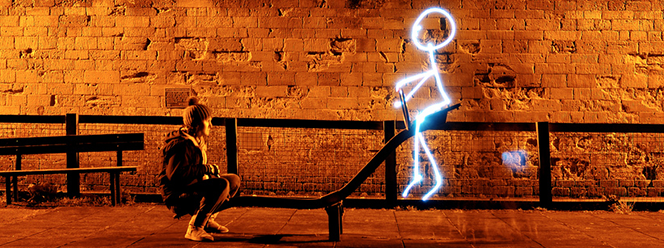
by Tara Joyce | Oct 11, 2016 | Cultural Creativity

We see people and things not as they are, but as we are. How aware we are informs what we see—and how we see it.
Ubuntu – I am because you are.
People who don’t seem to get it are seemingly everywhere. We find them in our families, at work, and in all areas of our public and private lives; and it can be painful and frustrating to watch them behave so unconsciously. Even though we know true separation from them is an illusion, it’s not hard to find ourselves feeling intolerant of them, wishing we could be free of them.
Yet, they are a part of our world. We can not avoid them. We will deal with them—whether we want to or not, and whether we can understand them or not. The people who don’t get it may not be able to see what we can see, yet their vision is essential. They, like us, are in their own process of awakening. The light we each shine has a major purpose, to make the darkness more apparent.
As we shed light on what they cannot yet see, they too shed light on the unconscious places within us. What triggers us about their ways of being are places for us to explore. Through making the unconscious conscious, we see ourselves more clearly. Holding them in the light of our own energy, we do our part to awaken their light—and our own.
photo credit: Thomas Leuthard

by Tara Joyce | Jun 10, 2016 | Cultural Creativity, Personal Branding

It’s an endless quest to be good enough in another person’s eyes. Not facing our own thoughts and feelings, we measure our self using the eyes of another. Unable to acknowledge it’s really our own perception of self that we use as the measure—not theirs.
It takes practice to feel good and whole as we are. Sometimes, rather than doing this, we buy clothes and things, chase and stockpile money, and do what we can to be “better” than others. In comparison, we find our worth.
Rather than question and/or remove ourselves from the mindsets and situations that exert and encourage this dance of superiority/inferiority, we can find ourselves feeding into it and trying to puff ourselves up in order to match it—and even beat it. In our armour of clothes, hair, beautiful things, and pomp we are elevated and protected.
A culture of buying into the need to feel superior (and invariably, inferior) to others. A collective experience encouraging us and teaching us all to feel so very insecure.
Repeatedly pushed and pulled to feel inferior and superior, internally and externally, this wild see-saw of emotion is crazy-making. In our totality, we are no better nor worse, yet we each have qualities that make us “better” than another. It’s focusing on these qualities that gets us caught on the see-saw. Feeling superior ultimately leads to feeling inferior. And vice versa. The pendulum keeps swinging, the see-saw rises and falls.
How do we know what is impressive to another? Thinking what impresses us is what impresses everyone leaves us in fantasy, believing everyone is like us. And they are not. Acknowledging our fantastical expectations, we are pulled by them less by them—and we’re less likely to push them on others, keeping ourselves on the see-saw.
We are neither as perfect nor as terrible as we imagine ourselves (and others) to be. Accepting this frees us from the push and pull to be “the best.” Equanimity actively dissolve the illusion surrounding us.
For our own happiness, we need to own the places where we compete and compare, where we feel inferior and superior to others. It’s so very okay that we ride the see-saw. It’s so very okay we measure our self against others. Owning this, we make the see-saw an easier ride for all of us. Now, the pendulum has less space to swing, and the ride becomes less wild. For the moment, in our truth, we are each good enough.
photo credit: Mike Leary




